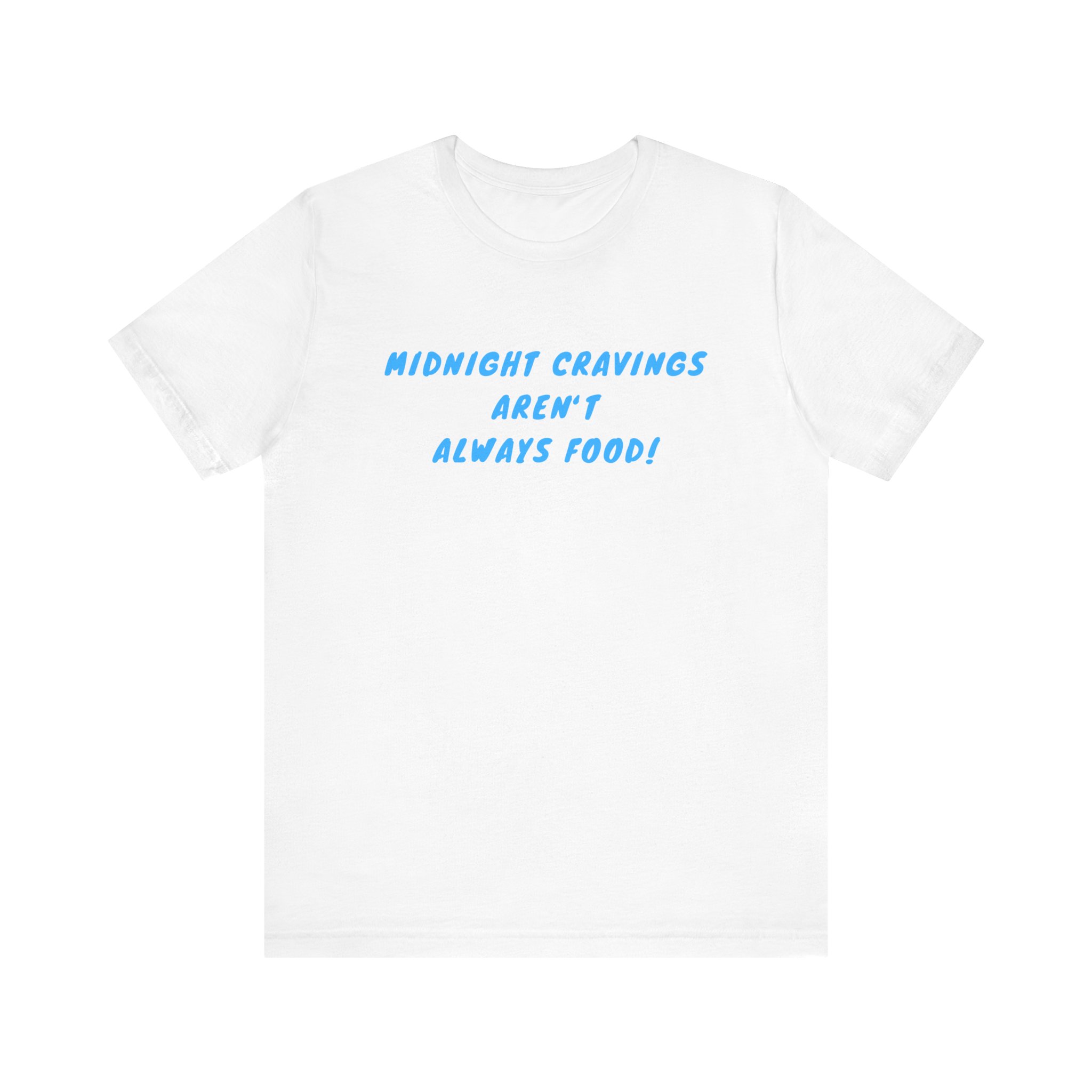I didn't want to leave Iceland. Armin was right that I had needed a break from the classroom and worrying about what had happened to my colleagues in the Yucatan. After a week of helping him with his field research on the Icelandic Hand, as well as doing a lot of research in bed with the creature he had snuck into my room, I decided it was time to continue my sabbatical and see what the rest of Europe had to offer in the way of anthropological studies.
I told Armin that I would be back to see him before I returned to work at the university. He shook my hand and wished me safe travels but before he let me go he put his free arm around my shoulder, pulled me close, and whispered that when he saw me again he would have an even bigger surprise for me and that it might not be so easy for me to leave the hotel room next time. I was hoping the Hand that I would find in my room upon my return would not make a liar out of my old friend.
Having spent a lot of time reading through the research papers my colleagues in the anthropologic community had sent my way while I was cooped up on campus gave me a lot of options to explore while I was on the other side of the Atlantic Ocean. One such paper from a Russian I had met at a conference in Arizona was about the Kukeri in Bularia.
The tradition goes back about four thousand years and consists of men dressing up in handmade costumes, made of either goat or sheep fur, and scary masks, going through their town clanging copper bells all in the hopes of scaring away evil spirits and ushering in a bountiful harvest for the coming season.
After a relatively short flight and a longer-than-expected car ride, I was in the southwest of Bulgaria and without too much difficulty I found a room for rent for a few days. With the help of the translation app on my phone and some broken English on the part of the innkeeper, I was told where to go in town for the Kukeri parade as well as what to see before the majority of the festivities started the next evening. After grabbing an early dinner at a nice little restaurant around the corner from the inn, I called it a night and quickly fell asleep.
The following day proved to be very different than what I expected. The seemingly quiet street I was on when I first arrived was now filled with people getting into the spirit of the celebration, and judging by their clothing the majority of them were locals. I pulled my camera out of my bag and made my way into the crowd and started taking pictures of whatever caught my eye. I didn't have to worry about getting disoriented in the unfamiliar town as the flow of revelers basically dragged me along.
I quickly lost track of how many shots I had taken as well as the time and soon the Kukeri were dancing around and through the crowds, waving their arms and shaking their bells. Each costume, although unique thanks to the personality of the maker, was made to give the wearer the appearance of being much larger than he actually was. The length of the goat fur made the costumes sway and weave with very little effort, and it covered each of the Kukeri from head-to-toe – in some cases even more than head-to-toe.
While some of the dancers had wooden masks to cover their faces and fur to cover the backs of their heads, there were those that had fur heads that went about three to four feet above their shoulders. I wondered how they could see with their heads completely encased in the long fur columns but as I was taking some close-ups I noticed that there were openings in the front of each furry mask that was big enough for their faces but covered enough by the goat hair that they weren't easily visible.
I had understood enough of what people were telling me about the Kukeri to know that the tradition had strayed a little bit from its origins as the dancers were supposed to come out at night so the sun would not see them. The Kukeri were supposed to come out at night and go from home-to-home to ward off evil spirits. I guess the tourist dollars don't come in if no one can see the parade, and perhaps some people just have better things to do with their evenings. As it was, the sun was going down and the January day that had once been festive, crowded, and extremely loud had begun to return to what I assumed was normal in Bulgaria so I started to make my way back to the inn.
It wasn't long before I realized that I had made a couple of wrong turns and had no idea where I was. Following the crowd blindly through town on my way to the main parade route was apparently not the best idea I had ever had. I was pretty sure the inn was higher up from the centre of town so I turned left at the next road that looked like it was an uphill climb. That didn't help either. Throwing the roaming fees to the wind, I pulled out my phone and tried to find myself on a map of the area.
I had almost figured out which way I was supposed to go when I heard the clanging of Kukeri bells coming up the road. As I was closing the map app and opening up the one for translation I looked at the group of six Kukeri and shouted "Hi."
They waved back and soon they were standing in front of me like they were posing for a picture.
"Sorry," I said, "I was actually going to ask you for directions."
They all started waving their arms and clanging their bells.
"If you could just help me find my way ... ."










